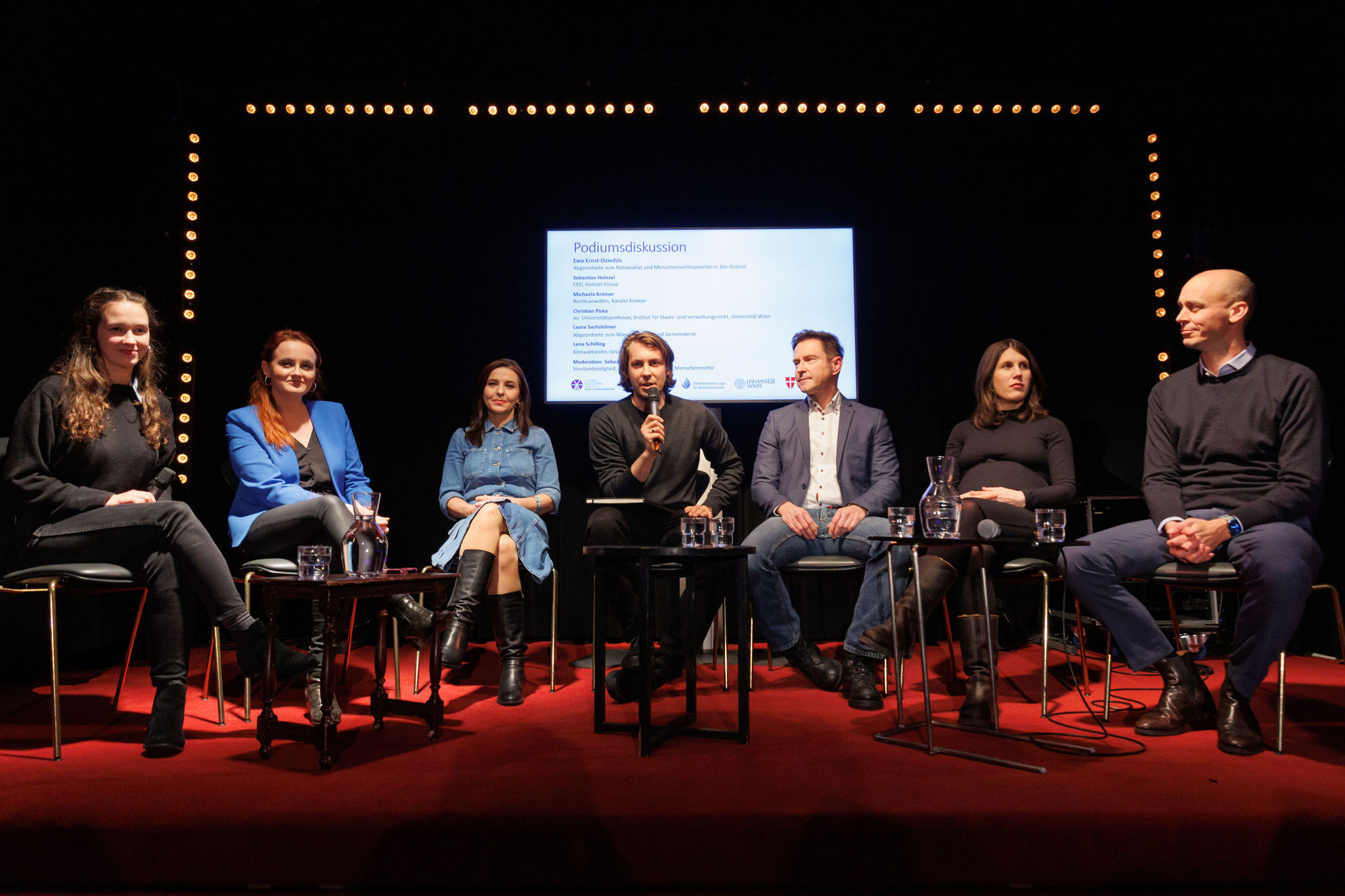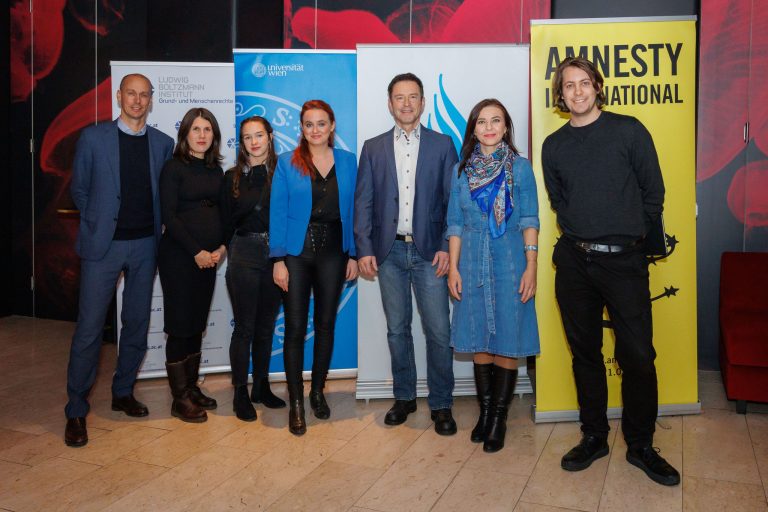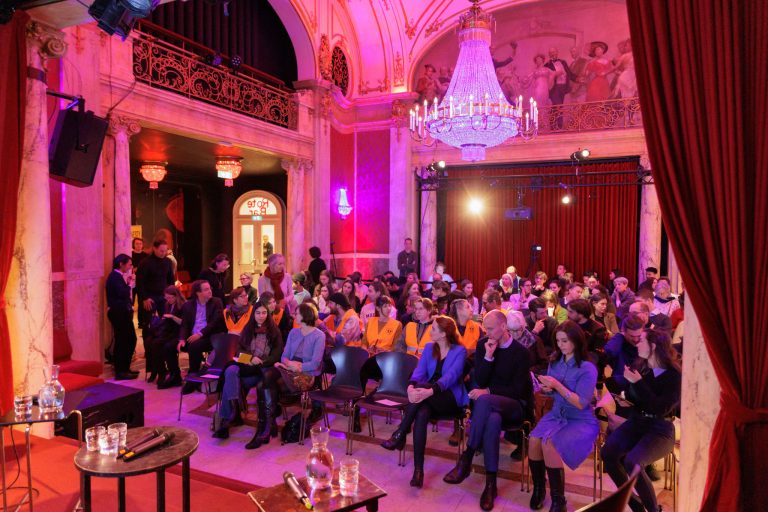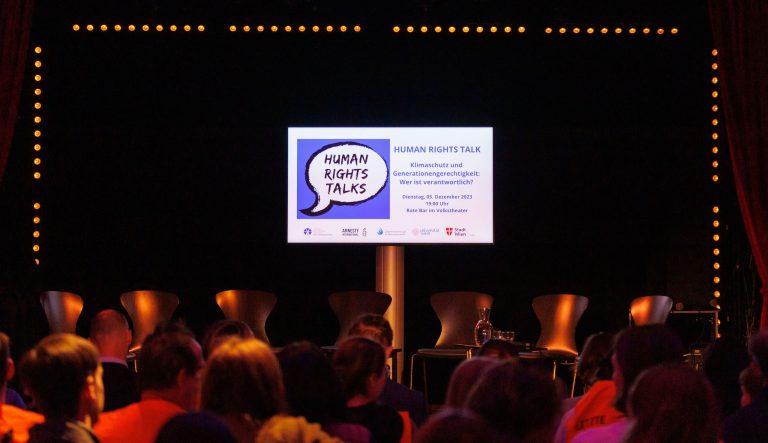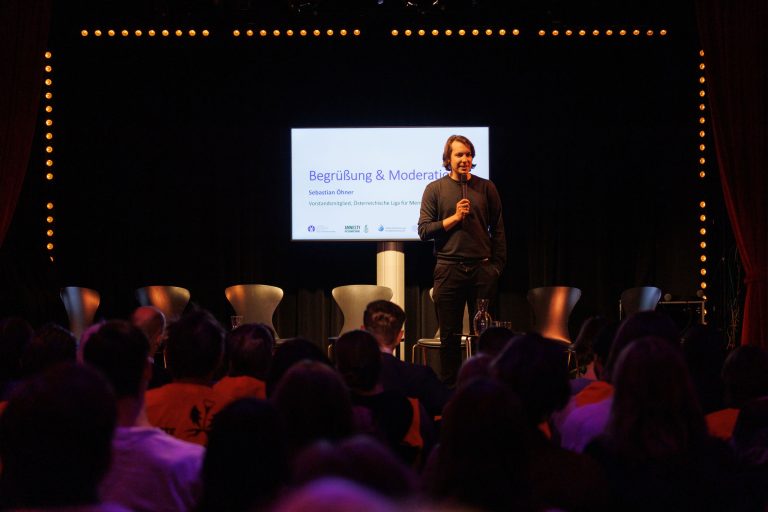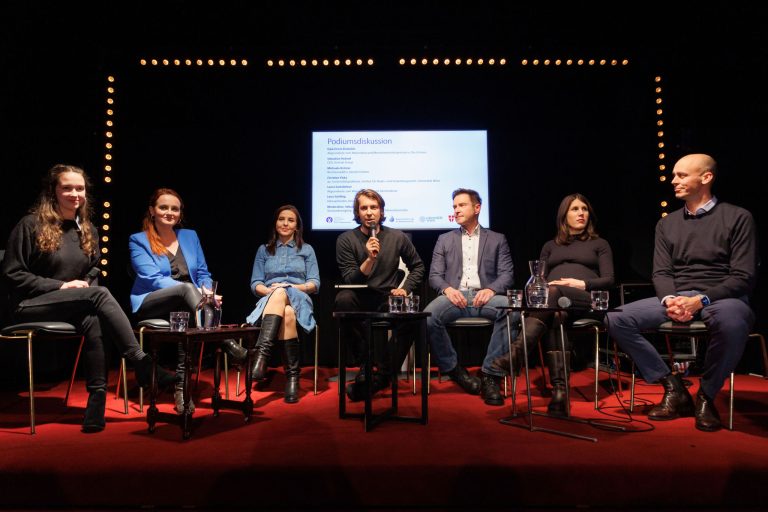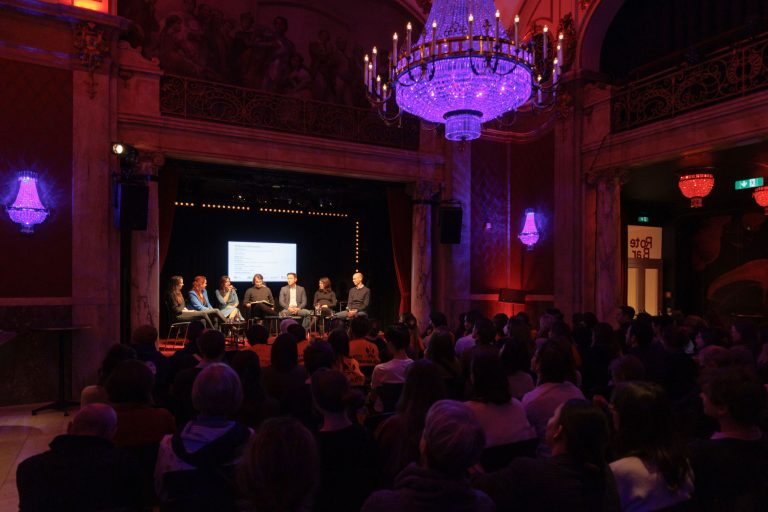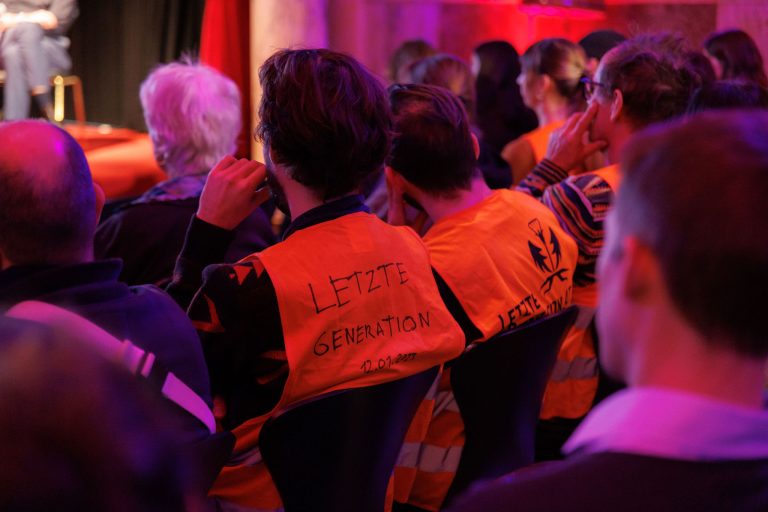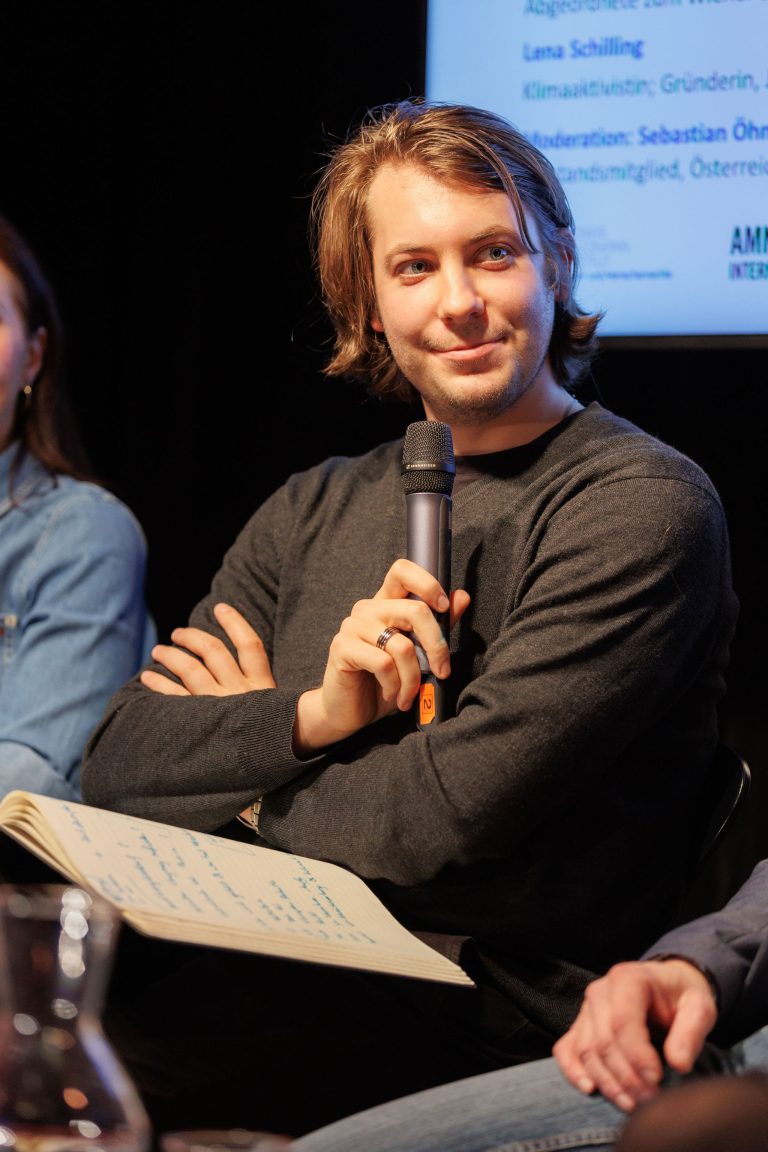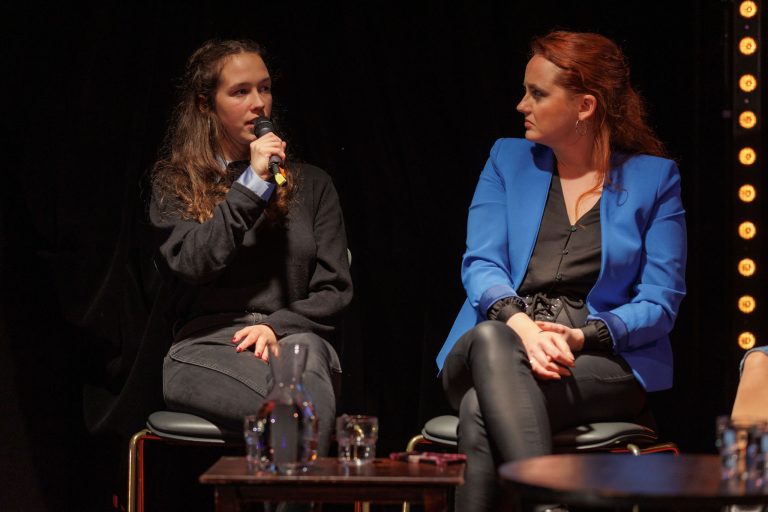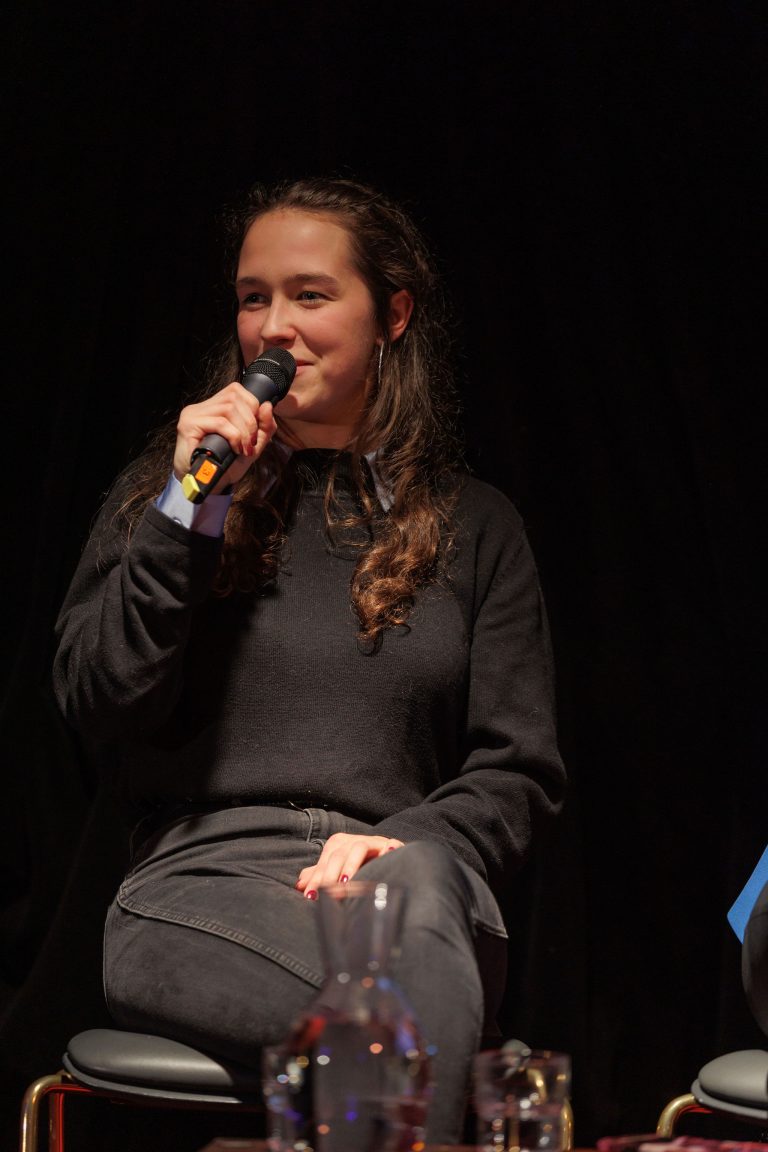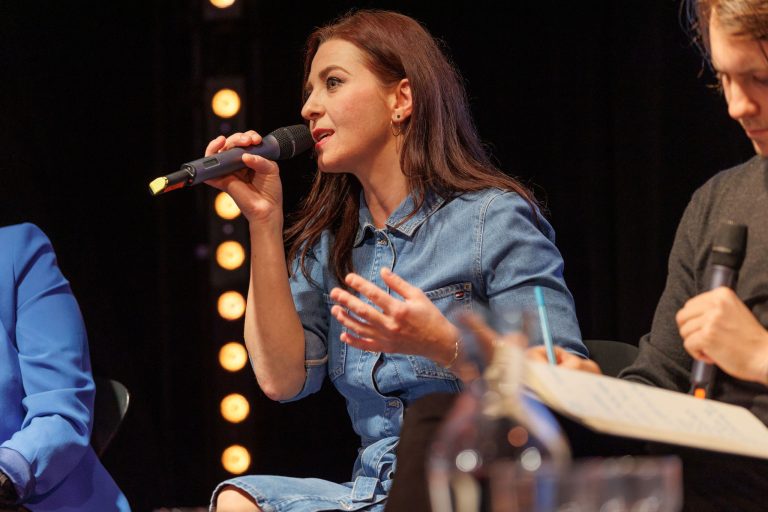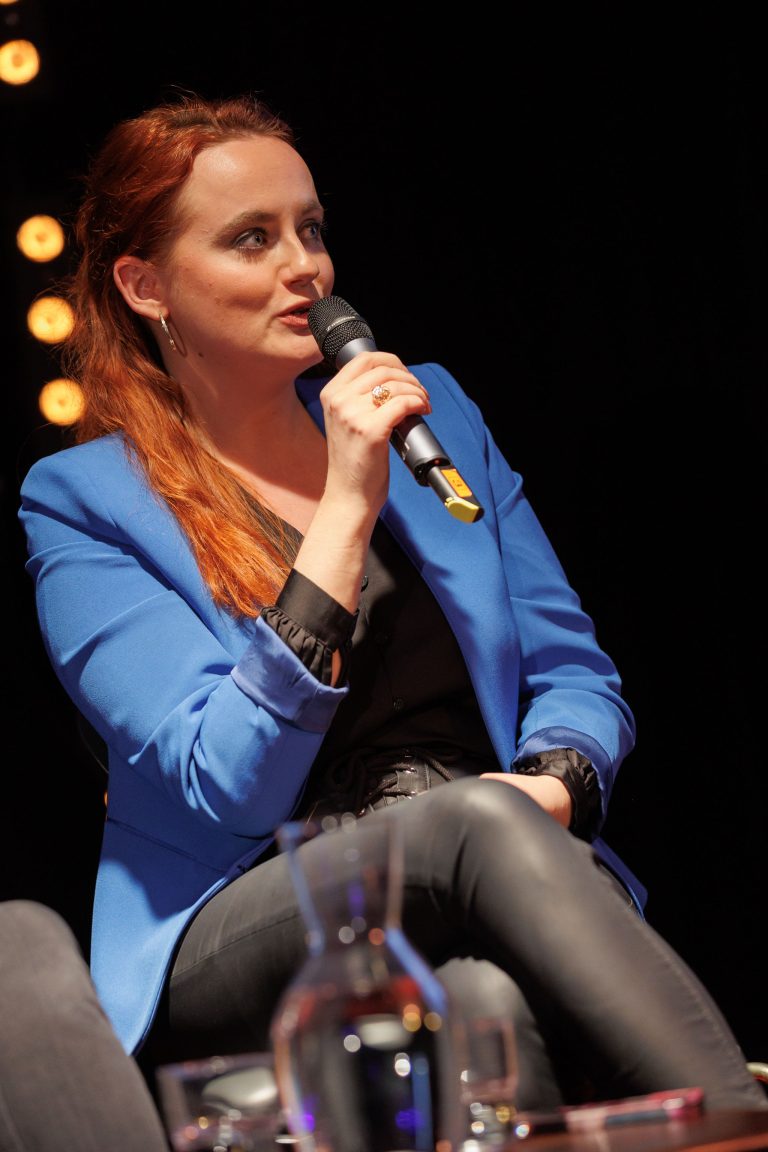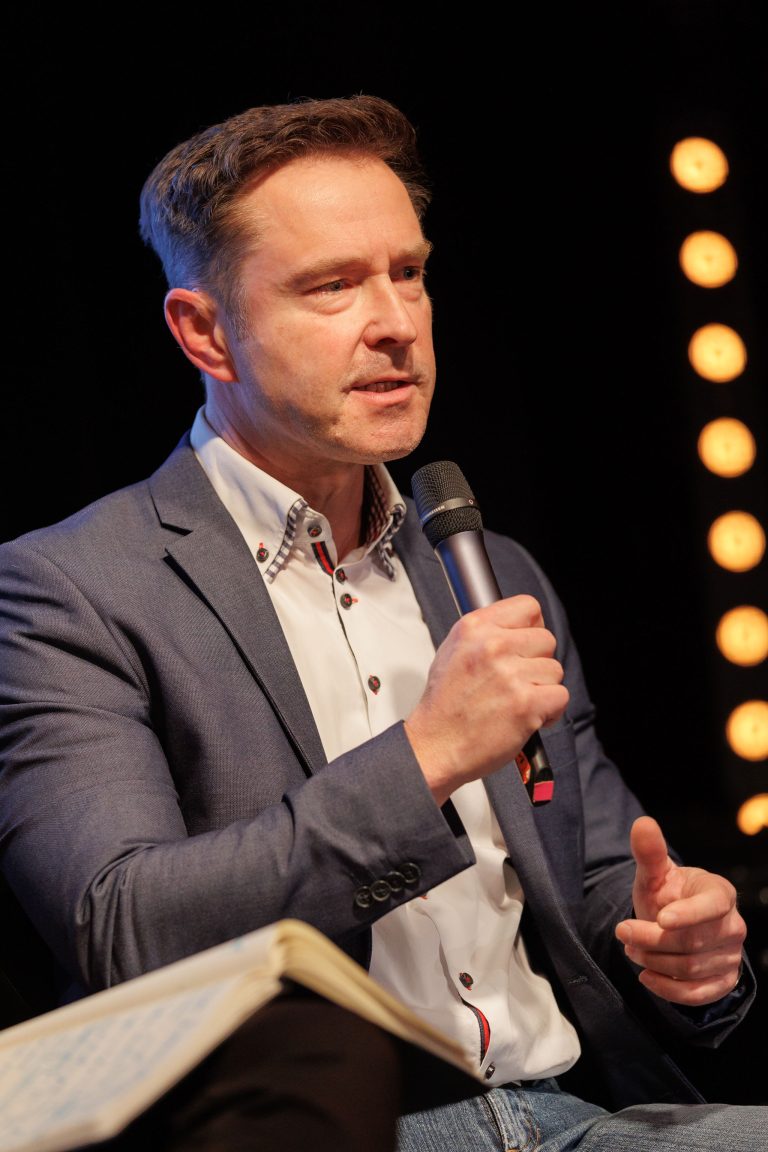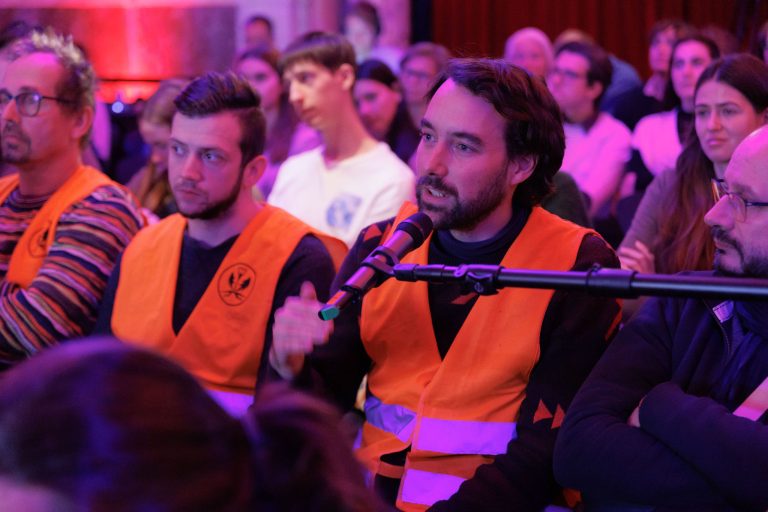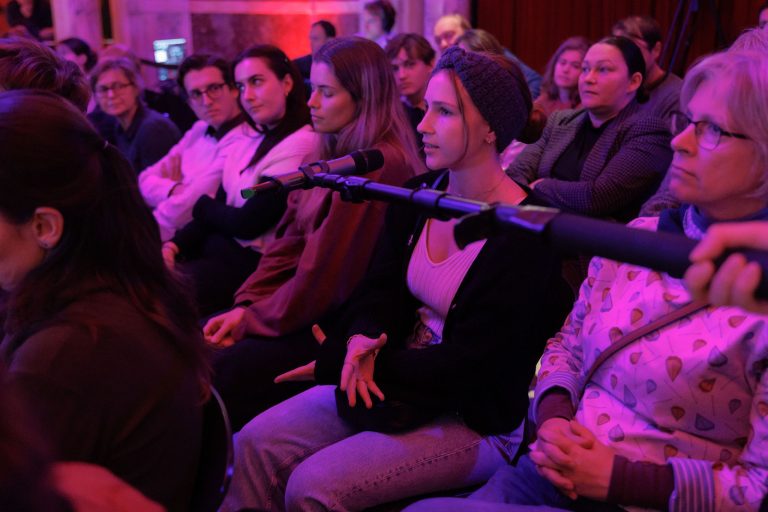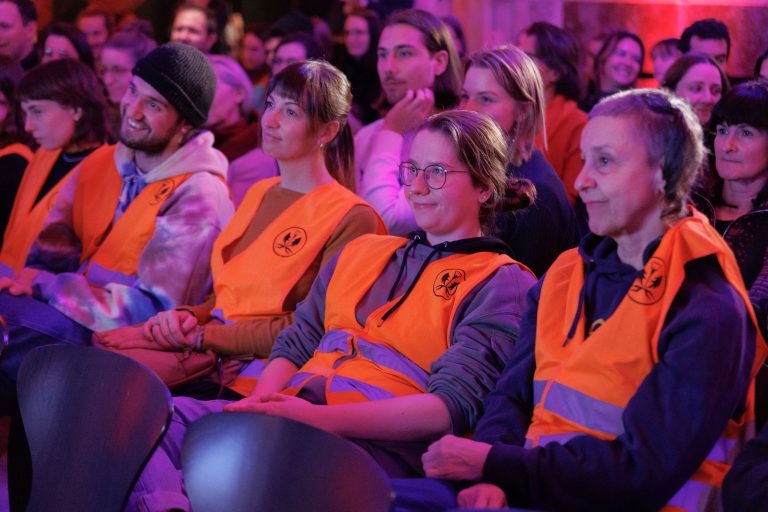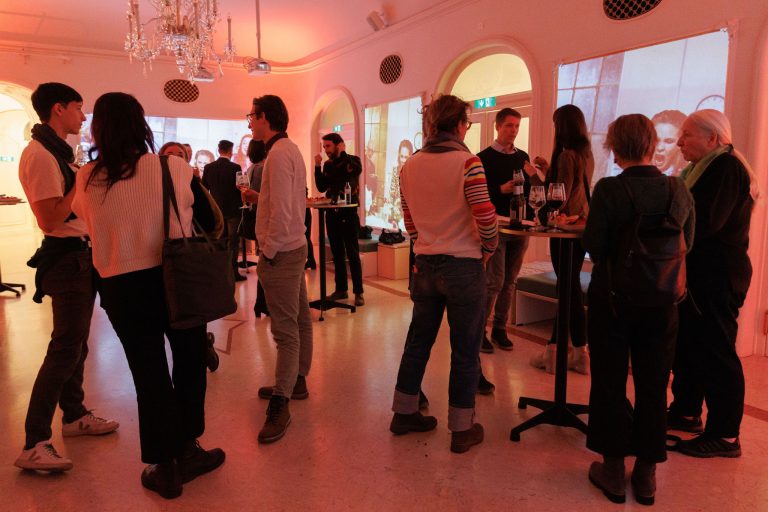Climate protection and intergenerational justice: Who is responsible?
In the run-up to International Human Rights Day, top-class experts discussed climate protection and intergenerational justice.
Every human being has the right to live in a “safe, clean, healthy and sustainable environment”, affirms a United Nations resolution adopted in July 2022. The international community thus unequivocally emphasises the interplay between human rights and the environment. But what concrete measures are needed to leave future generations a planet Earth worth living on? Are disruptive actions or even climate lawsuits an effective measure of persuading humanity to take action? How can a reduction in prosperity in the present in exchange for future climate security be implemented in terms of social policy? And who is ultimately responsible: politics, business, the courts or consumers?
At the invitation of the Ludwig Boltzmann Institute of Fundamental and Human Rights (LBI-GMR), Amnesty International Austria, the Austrian League of Human Rights and the University of Vienna, a high-profile panel discussed the interplay between human rights and the environment on Tuesday, 5 December 2023, in the Rote Bar at Vienna’s Volkstheater, which was filled to capacity.
“If we were in the 1950s or 1960s, I would be satisfied with the discourse,” said lawyer Michaela Krömer, criticising the speed and intensity of climate protection measures. “It’s too late for pessimism,” she called for swift action. It doesn’t work completely without prohibitions, as she has to realise time and again with regard to her toddler.
Lena Schilling, climate activist and founder of the “Fridays for Future” youth council, emphasised the importance of civil disobedience for the further development of societies and referred to the achievements of previous generations. “We are the last generation that can still make a difference,” said the climate activist. It is not only important for the younger generation to be heard, but also to be able to participate in shaping the future.
Ewa Ernst-Dziedzic, Member of the National Council and human rights spokesperson of the Green Party, would like to see not only old white men with SUVs, but also young critical voices in parliament. “I myself come from an activist background and went into politics because I have different levers there.” When it comes to climate protection, science speaks a clear language. This needs to be trusted. “Generations living today are already facing irreversible damage,” warned Ernst-Dziedzic against continuing to play for time. She demands: “Climate before profits”.
“I don’t want to subscribe to the narrative of the impending apocalypse,” said Laura Sachslehner, ÖVP Member of the Vienna Regional Parliament and Municipal Council . Climate protection is one of many important challenges. However, she has respect for all those who are politically active. “All parties – including mine – must take themselves to task ,” says Sachslehner.
Christian Piska, Associate Professor at the Institute for Constitutional and Administrative Law at the University of Vienna, would like to see a common mindset. “Sustainable action is much more than just reducing CO2 emissions,” says the constitutional law expert. “Using the legal system as a vehicle is a mistake. The law is not that powerful,” Piska realises. It’s about taking everyone with you and putting aside ideological black and white painting. He attested to the numerous representatives of the Last Generation in the audience: “You are all democrats, even if you appear to be revolutionaries”.
Sebastian Heinzel, CEO of paper manufacturer Heinzel Group, wants his company to be part of the solution and not the problem. To achieve this, he would like to see clear, simple rules instead of micro-regulations. “At the moment, even the willing in the economy don’t know how to proceed.” He believes that politicians have a responsibility and assumes that the social consensus on climate protection is far greater than politicians think.
The evening was hosted by Sebastian Öhner, board member of the Austrian League for Human Rights. Following the lively audience discussion, the organisers invited the audience to a reception in the White Salon of the Volkstheater.
The Human Rights Talks see themselves as a platform for social discourse on current topics with human rights relevance. The events present top-class speakers to the interested public and analyse human rights challenges and socio-political trends in a differentiated manner and with professional expertise, but at the same time in an accessible way and with practical relevance. An important component of the format, in addition to substantive contributions, is the interactive audience discussion.
